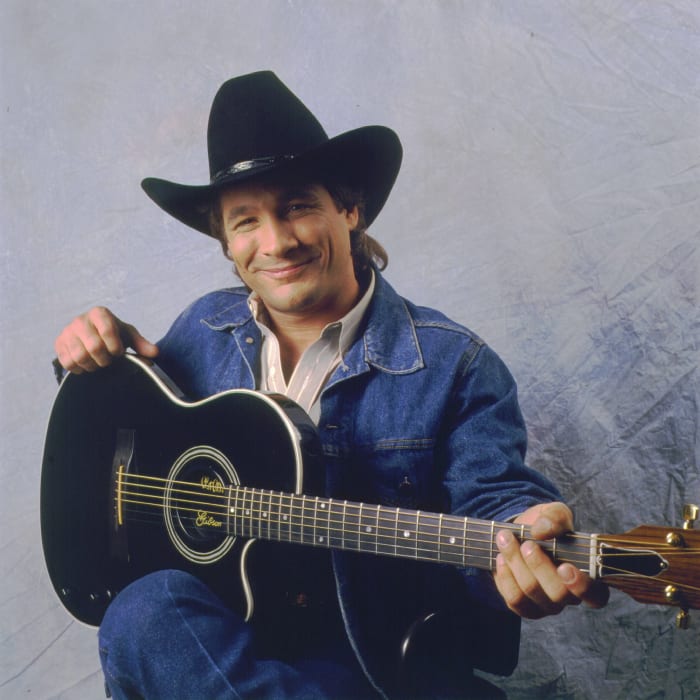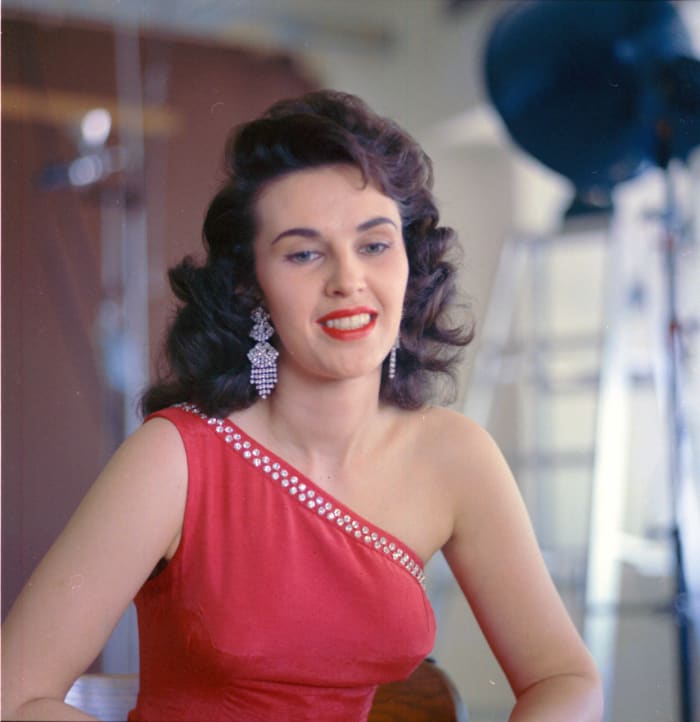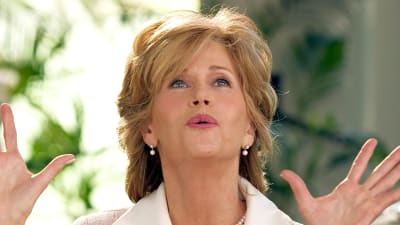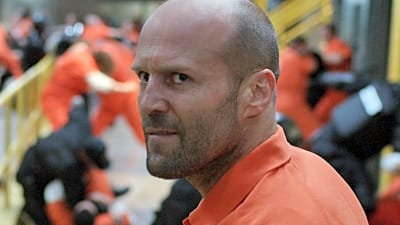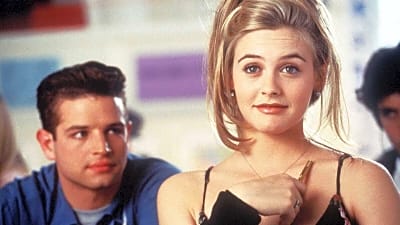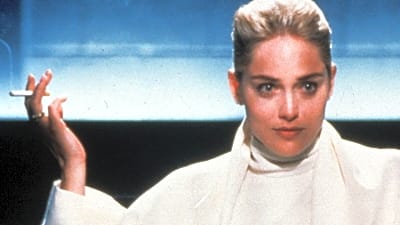It’s not easy to get into the Country Music Hall of Fame – there are only 136 members in the Nashville institution, compared to more than 300 inductees in the Rock and Roll Hall of Fame, which was established more than 20 years later. That means that the artists in the Country Music Hall of Fame clearly deserve to be there, but it also means that a lot of worthy artists are still waiting to get in. Here’s a list of 20 of the biggest oversights.
Ron Howard/Getty Images
Lynn Anderson had as significant a career as just about any other woman in country music, with more than enough accomplishments (12 No. 1 singles, a Grammy, multiple major Academy of Country Music and Country Music Association awards) to earn a spot in the Hall of Fame. But the global success of her decade-defining 1970 crossover hit “Rose Garden” would be enough on its own – in a single three-minute song, Anderson, who died in 2015, wove together feminism, the countrypolitan sound, and world-weary sophistication.
Paul Natkin/Getty Images
Black is one of the few major artists from the new traditionalist/hat act revolution of the late 1980s and early ’90s who still hasn’t been inducted into the Hall of Fame. Now that Garth Brooks, George Strait, Alan Jackson, and Randy Travis are all in, it’s probably only a matter of time before Black gets his due. He’s certainly got the credentials; 13 No. 1 hits between 1989 and 1999, a bunch of major awards and platinum albums, and the two stone classics that kicked off his career: “Killin’ Time” and “A Better Man.”
Scott Gries/Getty Images
Kix Brooks and Ronnie Dunn epitomized the mainstreaming of country music in the 1990s –balancing tradition and pop accessibility, and informed by a new sensitive brand of masculinity, the duo dominated the charts and the country awards shows for the entire decade. And they had considerable chops as songwriters (one or both have at least a co-writing credit on most of their chart-topping singles) and singers, and later hits like 2006’s “Hillbilly Deluxe” predicted the Southern rock sound that has defined much of country radio since.
R. Diamond/Getty Images
By any single criterion, June Carter Cash might not merit a Hall of Fame nod – she had just one charting solo single and spent most of her performing career supporting her mother’s group act or her husband, Johnny Cash. But considering just how high her highlights were –co-writing “Ring of Fire,” her fiery performance on “Jackson,” the late-career album Wildwood Flower – and the web of family influence she was part of, there shouldn’t be any question about Carter Cash deserving a spot in the Hall.
Kevin Winter/Getty Images
His public persona as an easygoing good-time goofball might be the biggest obstacle in Kenny Chesney’s path to the Hall of Fame. He’s released tons of albums and had nearly 30 No. 1 hits, but his signature songs border on novelty, with titles that would fit on a bumper sticker—“She Thinks My Tractor’s Sexy,” “No Shoes, No Shirt, No Problems.” Hall of Fame voters don’t seem to recognize how hard Chesney works at having fun.
Lynn Goldsmith/Corbis/VCG via Getty Images
With songs like "Thank God I'm a Country Boy" and "Take Me Home, Country Songs" (the later of which is in the Grammy Hall of Fame), and 33 million in album sales to go along with being the Country Music Association Entertainer of the Year in 1975, one would think Denver would be an easy addition to the Country Music Hall of Fame's roster. Perhaps it's his long association with folk music holding the Hall back, but with the addition of Ricky Skaggs this year, it's time to acknowledge Denver did just as much for country in 1970s as most.
Patrick McMullan/Getty Images
Nobody has to wonder why the Dixie Chicks haven’t made the cut yet. For a significant chunk of the mainstream country radio audience, the group’s onstage criticism of the Iraq War in 2003 has eclipsed the Chicks’ platinum-level success and their string of crossover hit singles. They’ve done more than enough to earn a place in the Hall of Fame, but it will probably be a long time before they make it in.
Graham Bezant/Getty Images
Freddy Fender may not have the resume of a first-ballot Hall of Famer, but the mellifluous Texas pioneer made some of the best country music of the 1970s (his ’80s and ’90s work with the Texas Tornados and Los Super Seven merits consideration, too) and broke through some major barriers. His first and most memorable hit, “Before the Next Teardrop Falls,” was the first No.1 country single with lyrics in English and Spanish.
Michael Ochs Archives/Getty Images
Oklahoma native Wanda Jackson was inducted into the Rock and Roll Hall of Fame in 2009, but her music was every bit as much country as it was rock ’n’ roll. The Queen of Rockabilly’s hits in the 1950s and early ’60s were as likely to have fiddle and pedal steel as wild rocking rhythms and boogie-woogie piano.
Jim Steinfeldt/Getty Images
The mother-daughter duo of Naomi and Wynonna Judd wasn't just a launching pad for Wynonna’s chart-topping solo career– their polished ’80s pop-crossover act set the stage for country’s foray into America’s suburban heartland in the 1990s.
Steve Granitz/Getty Images
Her commercial impact may not measure up against other potential Hall of Fame members, but for a bluegrass artist, Alison Krauss had previously unimagined success on the country charts. Her 1995 hit “When You Say Nothing at All” and the runaway success of the "O Brother, Where Art Thou?" soundtrack in 2000 established Krauss as a household name, and her long-time backing band, Union Station, cultivated major bluegrass/Americana talents like Jerry Douglas and Dan Tyminski.
Mirrorpix/Getty Images
Even the Killer is bewildered by the fact that he’s not in the Hall of Fame. “I don’t know why they don’t put me in it,” he said to the Associated Press in 2017. “I don’t understand that.” Even in the 1950s, when he and his cousin, Elvis Presley, were inventing rock ’n’ roll alongside Chuck Berry and Little Richard, he was performing and recording country standards like “Crazy Arms” and “Jambalaya.” By the late ’60s, Lewis was straight-up country, investing the keys-and-strings Nashville Sound with swing on classic albums "Country Songs for City Folks," "Another Place, Another Time," and "She Still Comes Around."
Ginny Wynn/Michael Ochs Archives/Getty Images
Gram Parsons didn’t invent country rock, and his Cosmic American Music depended on sizable artistic contributions from collaborators like Chris Hillman, Emmylou Harris, and Chris Ethridge than is generally acknowledged. But the handful of albums Parsons recorded during his brief career – the International Submarine Band’s "Safe at Home," The Byrds’ "Sweetheart of the Rodeo," the Flying Burrito Brothers’ "Gilded Palace of Sin" and "Burrito Deluxe," and the solo records "GP" and "Grievous Angel" – left an indelible mark on American music.
GAB Archive/Getty Images
Unlike Merle Haggard and David Allan Coe, who built public myths around the fact that they’d served time in jail before finding success in music, Johnny Paycheck went to prison – for shooting a man in the head – during the peak years of his career. But being an authentic outlaw isn’t enough to qualify Paycheck for the Hall of Fame – it’s the hardcore honky-tonk hits “11 Months and 29 Days,” “She’s All I Got,” “I’m the Only Hell (Mama Ever Raised),” Me and the I.R.S.,” and “Take This Job and Shove It” that ought to make him a shoo-in.
15 of 20
The Stanley Brothers
GAB Archive/Getty Images
Perhaps the Hall of Fame’s most significant oversight is the lack of recognition for the Stanley Brothers, one of bluegrass music’s foundational acts. Besides the dozens of classic singles the duo recorded between 1947 and 1966 – “I’m a Man of Constant Sorrow,” “Little Maggie,” “Rank Stranger,” “Angel Band” – Ralph Stanley exercised enormous influence as a banjo player, singer, and band leader. His version of the Clinch Mountain Boys in the 1970s and ’80s nurtured the careers of Keith Whitley, Larry Sparks, and 2018 Country Hall of Fame inductee Ricky Skaggs.
Kevin Mazur/Getty Images
There shouldn’t be any question about whether the Canadian pop-country icon deserves a spot. Twain’s penchant for slick pop production, enormous hooks, and dance remixes might have been divisive among Nashville’s hidebound industry insiders, but she revolutionized country radio for the 21st century, becoming one of the top-selling artists of all time and paving the way for Lee Ann Womack, Taylor Swift and the Dixie Chicks.
Brian Rasic/Getty Images
Glen Campbell earned a well-deserved spot in the Hall of Fame in 2005. No other person was as instrumental to his success as songwriter Jimmy Webb, who penned many of Campbell’s most recognizable hits – “By the Time I Get to Phoenix,” “Wichita Lineman,” and “Galveston,” all of which helped define Campbell’s melancholy, orchestrated sound. (And that’s not even counting the pop behemoth “MacArthur Park.”)
Ebet Roberts/Getty Images
Keith Whitley’s reputation is based almost as much on his unfulfilled potential – he died in 1989, at the age of 34, with just two solo albums to his name – as it is on his record of hits like “Miami, My Amy,” “Don’t Close Your Eyes,” and “I’m No Stranger to the Rain.” But even in his short solo career (he apprenticed in bluegrass bands, including Ralph Stanley’s Clinch Mountain Boys, in his teens and 20s), Whitley was an important voice in the emerging neotraditional movement alongside Randy Travis and George Strait and a key influence on ’90s artists like Alan Jackson, Tim McGraw, and Brooks and Dunn.
19 of 20
Hank Williams Jr.
Kirk West/Getty Images
Hank Williams Jr. is better known lately for his extremely conservative political views – and his willingness to share them on Fox News– than for his music. But Bocephus is genuine country-music royalty, and for a period in the 1970s and early ’80s he was among the best songwriters and singers in Nashville and laid the foundation for much of the next two decades of country music. Albums like "Hank Williams Jr. and Friends," "Family Tradition," and "Whiskey Bent and Hell Bound" (and "Hank Williams Jr.’s Greatest Hits," if you’re looking for a shortcut) kickstarted the neotraditional movement before it had a name, bridging the gap between Merle Haggard and George Strait.
Vera Anderson/Getty Images
Dwight Yoakam’s music hasn’t changed over the years, but the industry has – his hardcore Bakersfield revivalism and rockabilly roots are just too country for Nashville these days. It’s easy to forget that he was once a mainstream country-music star, regularly scoring top 10 singles and No. 1 albums and in constant radio rotation. His commercial success isn’t the only reason he should be in the Hall of Fame, though – for 30 years, he’s maintained a consistent artistic vision and stayed committed to country music’s best legacies.
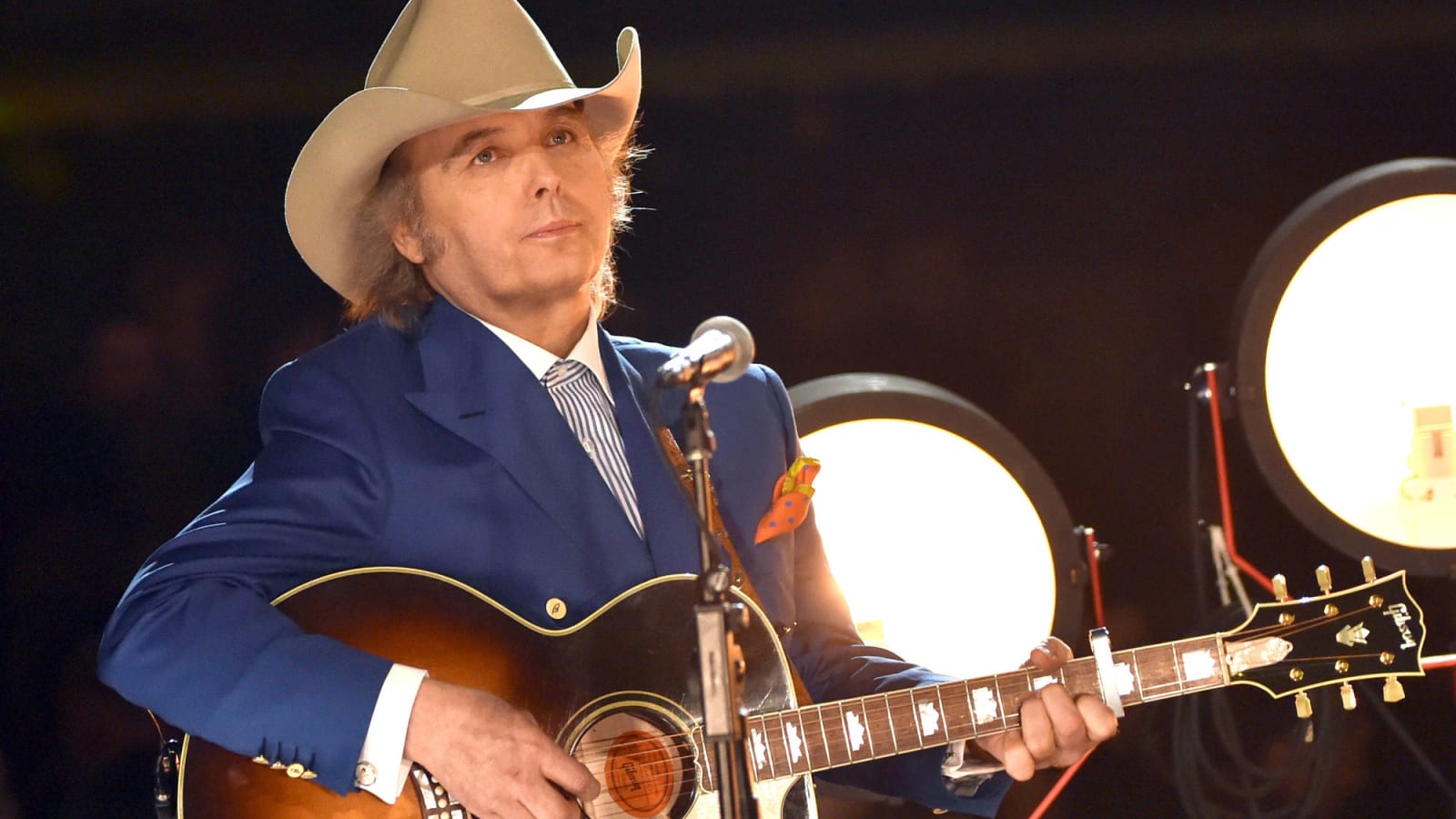
 +
+

